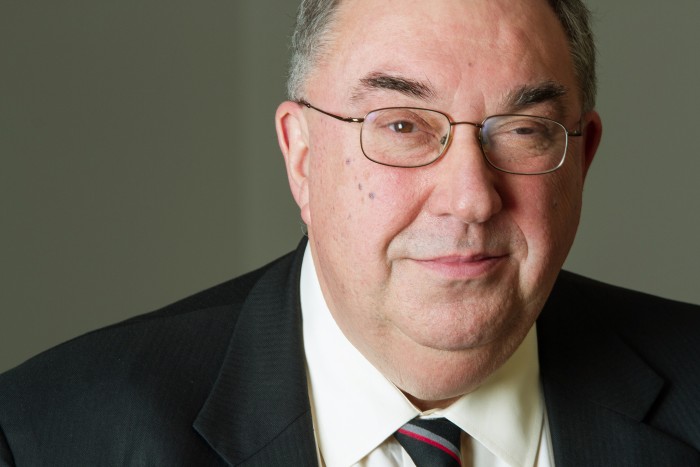Changes to Ontario health care will emphasize a team approach
Posted on November 04, 2019
New legislation for Ontario’s healthcare system is making it even more important for leaders to learn more about how increased integration works across the sector.
Hospitals are increasingly working with all stakeholders — family doctors, community agencies and other partners – and being asked to establish patient-care teams that follow patients through their treatment journey instead of having to start over again at each transition stage, says Emma Pavlov, program director of the Schulich ExecEd’s Masters Certificate in Healthcare Management. For example, a family doctor can recommend in-patient treatment with the assistance of the hospital and have outside agencies ready to take over for convalescence and rehabilitation, in-home nursing care or moving into a long-term care facility.
Health-care teams will require leaders to work more collaboratively by influencing people that don’t report to them or who work outside their care facility and understand the total picture of a patient’s health care experience.
An example of where this is becoming more important is with the increasing number of older patients as the baby-boom generation ages. A senior in hospital can have complex care needs and a coordinated team approach involving the family doctor, community agencies, and rehabilitation and long-term care facilities, will permit hospitals to treat and release patients sooner, freeing up beds for other critical cases, while the patient receives continuing care in a seamless process.
The adjustments entailed in working more efficiently will require health-care leaders to consider the entire care journey, especially with the prospect of funding cuts. Healthcare administrators need to broaden their skill set to include core capabilities such as knowledge of financial processes, new technology for sharing patient information and, perhaps most importantly, interpersonal skills that go beyond a good bedside manner to include all of the techniques of leading and collaborating with people.
“It’s increasingly important to do things more effectively and efficiently while reducing cost,” Pavlov says. “These are the things people learn in this program.”
As the pace of change in the provincial healthcare quickens, the facilitators who teach in the program – all of whom work in the field – contribute to the renewal of program content, ensuring this applied learning is directly relevant. Pavlov reviews program content with facilitators to ensure the learning is up-to-date and gives participants the range of skills they are looking for to advance their careers.
“Physicians who aspire to leadership positions particularly like the program,” Pavlov says. “They say it really opens their eyes, allowing them to understand their organization better and understand how broadening their skill set will help them move into an administrative/leadership role and succeed in the new environment.”
*
Schulich ExecEd’s Masters Certificate in Healthcare Management is a 14-day program (starting Feb. 28, 2020) that prepares healthcare practitioners for leadership roles within their organization. For more information or to register, visit the program web page.













